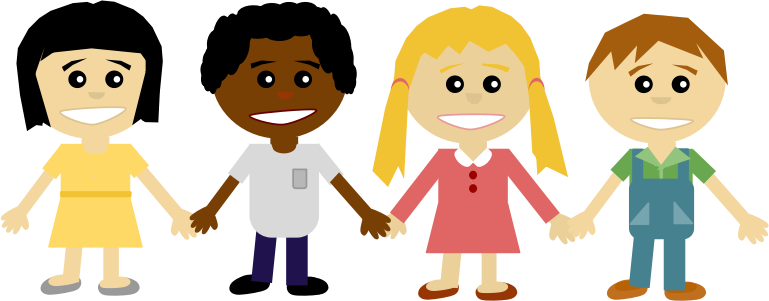Source: OpenClipArt
What do you do, and what does your organization do?
My day job is being a school psychologist. I recently co-edited a book entitled Supporting and Educating Traumatized Students. I work for PESI a national group that provides professional development and speak on conduct disorder/oppositional defiant disorder from a trauma perspective. I am working on a video training for teachers on how to support children who have a history of sexual abuse that is due out this summer.
What personal or professional moment or event in your life inspired you to work on ACEs?
I have always been fascinated by those who were raised under extremely adverse conditions with multiple ACES and seem to, not only survive, but thrive under these conditions and become major contributing members of society. There have been several events that led me into this work. For the purposes of this profile I would describe an event that occurred several years ago. I was asked to respond to a crisis situation in a second grade classroom in which a second grader had died in a fire and many of the classmates had witnessed the event. When I got there the classroom was overwhelmed with grief and despair. This school was in a very challenged neighborhood and all of the students had been exposed to multiple ACE events. When I asked the children if they had ever lost a loved one all of them raised their hands immediately. After being overwhelmed I stood up and started asking them what worked for them. I learned a lot about resiliency that day
What does resilience to early childhood adversity mean to you?
It means taking meaning and motivation from adversity and turning the rage into constructive action.
How would you like to see trauma-informed practices shape your field?
The first priority I have in this area is to have professionals see difficult emotions and behaviors as outcomes of experiences rather than as indicators of an emotional disability. So many individuals are identified as having an emotional condition after an event rather than being given space and compassion to let them heal.
How do you hope to contribute to and gain from ACEs Connection?
I hope to learn new techniques to help the general population of teachers, parents and neighbors to support children who have experienced adverse events. I would like to use ACEs Connection to promote my book and the professional development that I provide in the areas of treating conduct disorders/oppositional defiant disorders and helping children who have experienced sexual abuse. I am also working to improve the treatment of individuals in correctional institutions.
How have you used ACEs in your work or life? Has it changed what you do?
ACEs is embedded in every assessment I conduct and every professional development I provide. It has changed everything I do.
Robert will also be speaking in Santa Fe, on May 12th, Albuquerque on May 13th, and El Paso on May 14th. These presentations will focus on treating conduct disorder and ODD from a trauma perspective.
You can find out more about Robert or get in touch with him from his ACEsConnection profile:




Comments (1)